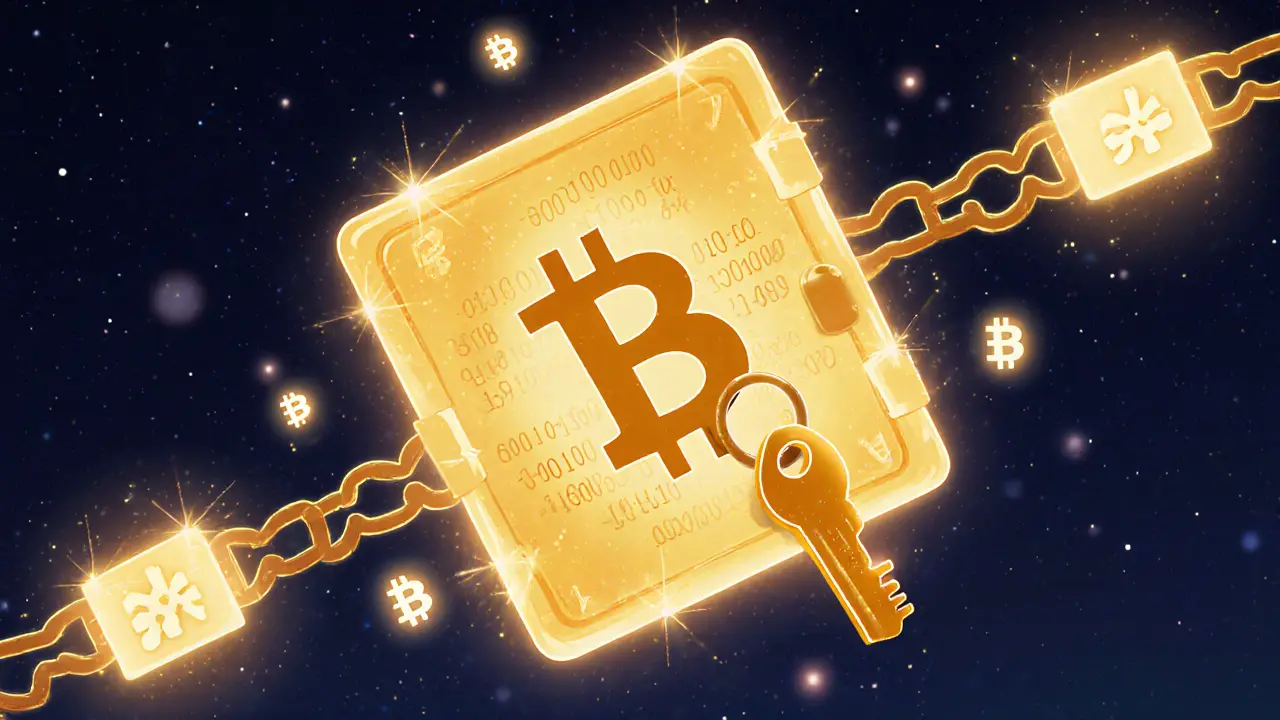Blockchain Security
When working with blockchain security, the set of practices, tools, and standards that keep blockchain networks, wallets, and transactions safe from attacks and fraud. Also known as crypto security, it protects users, developers, and exchanges from loss.
A key pillar is smart contract audit, systematic code review that spots vulnerabilities before a contract goes live. Regulatory compliance, adherence to AML, KYC, and data‑protection laws that reduce legal exposure shapes how projects design security features. VPN privacy, encrypted tunneling that hides a user’s IP and prevents deanonymisation attacks adds a network‑level shield, especially for traders in restrictive regions. Finally, exchange security, multi‑factor authentication, cold‑storage vaults, and regular penetration testing used by platforms to guard user funds forms the last line of defense before assets reach a user’s wallet.
Why It Matters and How to Act
Understanding blockchain security starts with the fact that a compromised smart contract can drain millions in seconds. That’s why smart contract audit encompasses static analysis, formal verification, and manual code review. Regulatory compliance influences security decisions – projects that ignore KYC may face exchange bans, forcing users onto risky, unvetted platforms. VPN privacy enables safe access to decentralized services in countries with heavy internet surveillance, reducing the chance of account seizure. Exchange security requires regular audits, bug bounty programs, and transparent proof‑of‑reserves to earn user trust.
Practical steps you can take today include: pick wallets that support hardware keys, verify that any contract you interact with has a public audit report, use a reputable VPN when connecting from high‑risk regions, and only trade on exchanges that publish third‑party security assessments. These actions connect the dots between the entities we just covered and build a layered defense that mirrors how traditional IT security stacks work.
Below you’ll find a curated set of articles that dig deeper into each of these areas – from detailed airdrop safety guides to country‑specific mining regulations, from exchange reviews to real‑world case studies of crypto fraud. Use them to sharpen your own security posture and stay ahead of emerging threats.
What Are Public and Private Keys in Cryptocurrency? A Simple Guide to Crypto Ownership
Public and private keys are the foundation of cryptocurrency ownership. Learn how they work, why one keeps your money safe and the other lets you spend it, and how to avoid losing everything.
Challenges of Immutability in Blockchain Systems
Blockchain immutability ensures data can't be changed, but it causes real problems with privacy laws, smart contract bugs, and security attacks. Learn how enterprises are adapting-and why absolute immutability is no longer practical.
Future of Crypto Risk Management in 2025: How Institutions Are Taming Volatility
By 2025, crypto risk management has become institutionalized. Learn how insurance, AI, hedging, and real-world asset tokenization are transforming digital asset protection-from hedge funds to retail investors.
What Is Cryptographic Encryption in Blockchain? A Clear Breakdown
Cryptographic encryption in blockchain uses hash functions, public/private keys, and digital signatures to secure transactions and prevent tampering. It's the reason blockchain is trustless, immutable, and resistant to fraud.
Why Multisig Wallets Are Essential for DAO Treasury Security
Explore why multisig wallets are vital for DAO treasury security, covering how they work, key benefits, implementation steps, costs, and future trends.








